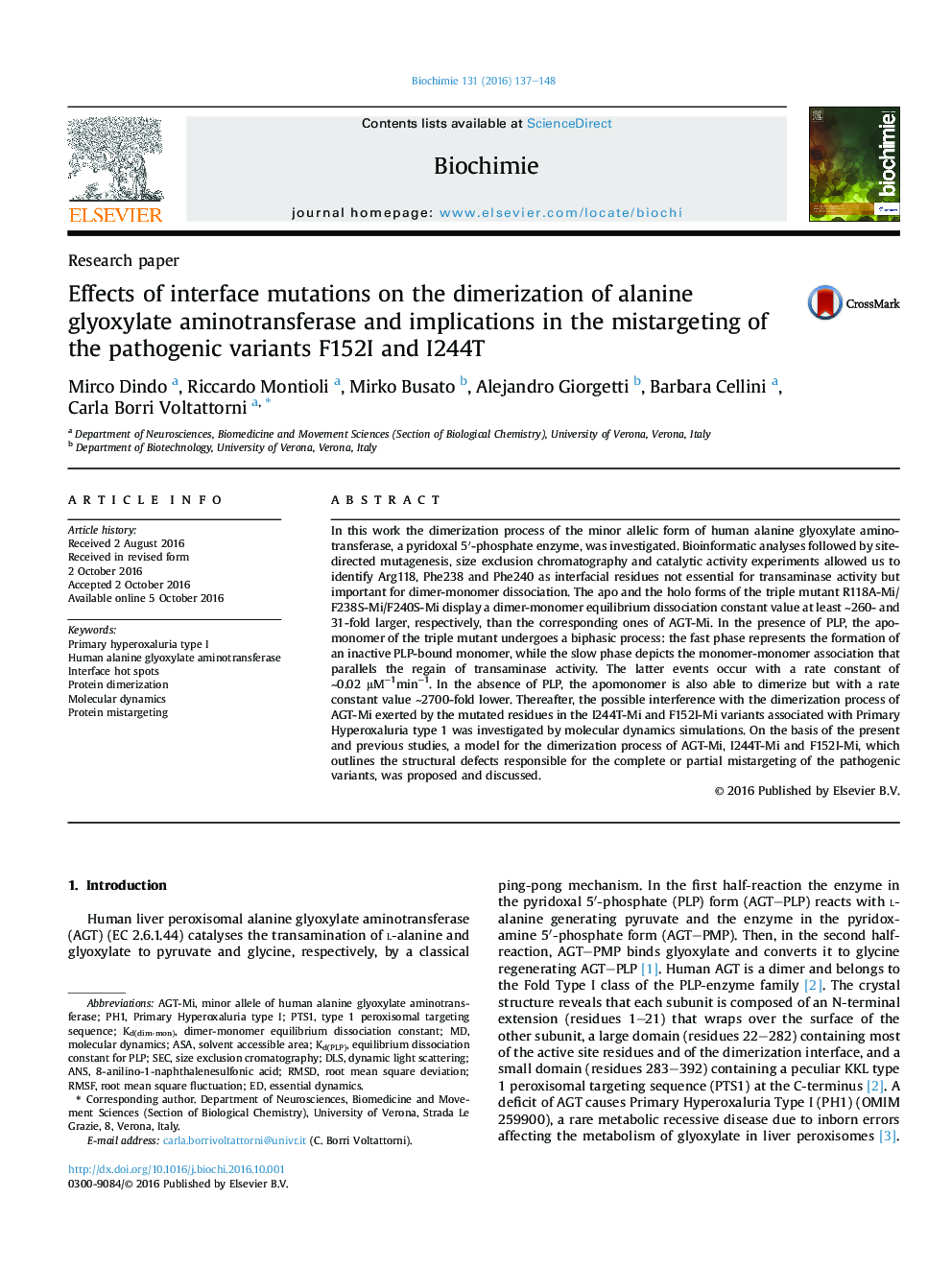| Article ID | Journal | Published Year | Pages | File Type |
|---|---|---|---|---|
| 5508450 | Biochimica et Biophysica Acta (BBA) - Molecular and Cell Biology of Lipids | 2016 | 12 Pages |
Abstract
MicroRNAs are key regulators of β-cell physiology. They participate to the differentiation of insulin-producing cells and are instrumental for the acquisition of their unique secretory properties. Moreover, they contribute to the adaptation of β-cells to conditions of increased insulin demand and, if expressed at inappropriate levels, certain microRNAs cause β-cell dysfunction and promote the development of different forms of diabetes mellitus. While these functions are increasingly better understood, additional tasks for these small non-coding RNAs have been recently unveiled. Thus, microRNAs are emerging as signaling molecules of a novel exosome-mediated cell-to-cell communication mode permitting a coordinated response of the β-cells to inflammatory conditions and to modifications in the insulin demand. These discoveries raise a number of important issues that once addressed promise to shed new light on the molecular mechanism governing the functions of the β-cells under normal and disease states. This article is part of a Special Issue entitled: MicroRNAs and lipid/energy metabolism and related diseases edited by Carlos Fernández-Hernando and Yajaira Suárez.
Related Topics
Life Sciences
Biochemistry, Genetics and Molecular Biology
Biochemistry
Authors
Claudiane Guay, Romano Regazzi,
